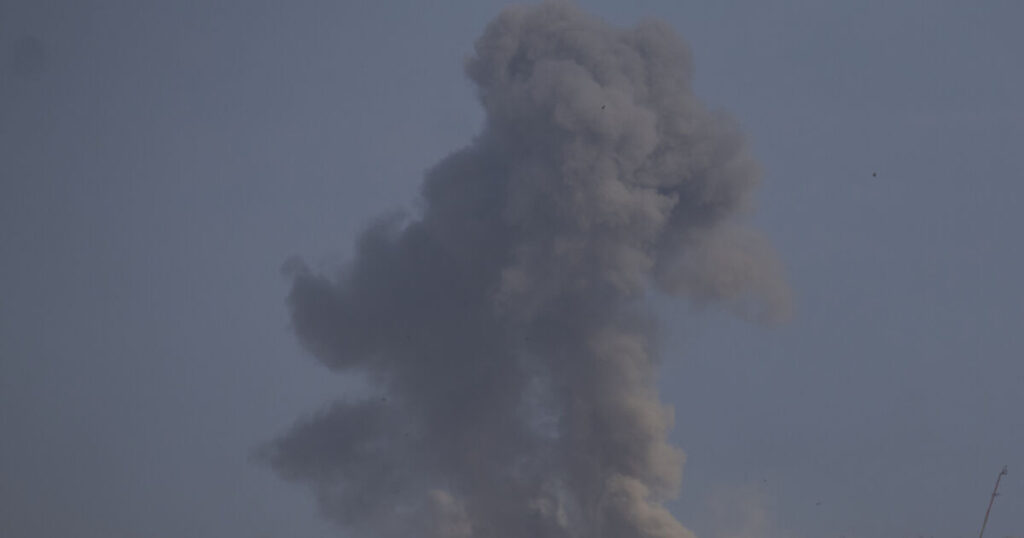The UN rapporteur hit with sanctions by the US last week has vowed not to be silenced as she hailed a 30-nation conference aimed at ending Israel’s occupation of Palestine as “the most significant political development in the past 20 months”.
Francesca Albanese will say the two-day gathering in Bogotá, Colombia, starting on Tuesday and including China, Spain and Qatar, comes at “an existential hour” for Israel and the Palestinian people.
The aim of the conference is to set out steps the participating countries can take to implement a UN general assembly motion mandating member states to take measures in support of Israel ending its unlawful occupation of Palestine.
The motion set a deadline of September 2025 to implement a July 2024 international court of justice advisory opinion that Israel’s occupation of the Palestinian territories was unlawful.
The ICJ said in its advisory opinion that “Israel’s security concerns do not override the principle of the prohibition of the acquisition of territory by force” and called on it to end its occupation “as rapidly as possible”.
It said UN member states had an obligation “not to render aid or assistance in maintaining the situation created by Israel’s illegal presence in the occupied Palestinian territory”.
The Colombian president and conference host, Gustavo Petro, says the meeting will show that the world is finally moving from condemnation of Israel’s military action to collective action to bring it to a halt.
The aim is to agree a detailed plan of political, economic and legal actions, but there are range of views over how far states can go politically or legally to isolate Israel, a country that feels secure so long as it maintains US support.
The Hague Group was initially brought together by South Africa and Colombia, but since then support has grown and it now includes Algeria, Brazil, Spain, Indonesia and Qatar.
Albanese, the UN special rapporteur for the occupied Palestinian territories, is determined to show that the US state department sanctions will not cow her.
She said: “For too long, international law has been treated as optional — applied selectively to those perceived as weak, ignored by those acting as the powerful. This double standard has eroded the very foundations of the legal order. That era must end,” she will say in Bogotá.
“The world will remember what we, states and individuals, did in this moment — whether we recoiled in fear or rose in defence of human dignity. Here in Bogotá, a growing number of states have the opportunity to break the silence and revert to a path of legality by finally saying: enough.
Albanese will say that the UN charter and universal human rights instruments must remain everyone’s compass. “I trust that more states will align their policies with these fundamental principles as we move forward in this existential hour —for both the Palestinian and the Israeli people, and the integrity of the international legal order itself,” she will say.
The sanctions on Albanese were imposed by the US state department for what it called her “shameful promotion” of action by the international criminal court against the US and Israel.
Albanese will directly address the sanctions in Bogotá.
“These attacks shall not be seen as against me personally. They are a warning to everyone who dares defend international justice and freedom. But we cannot afford to be silenced – and I know I am not alone,” she will say.
“This is not about me or any other single individuals but about justice for the Palestinian people at the most critical juncture in their history.”
A Hague Group conference in January attended by only nine nations committed to implementing the provisional measures of the international court of justice, issued on 26 January, 28 March and 24 May 2024.
In practice this meant measures such arms embargos against Israel by preventing the docking of vessels at any port, if applicable, within their territorial jurisdiction.


